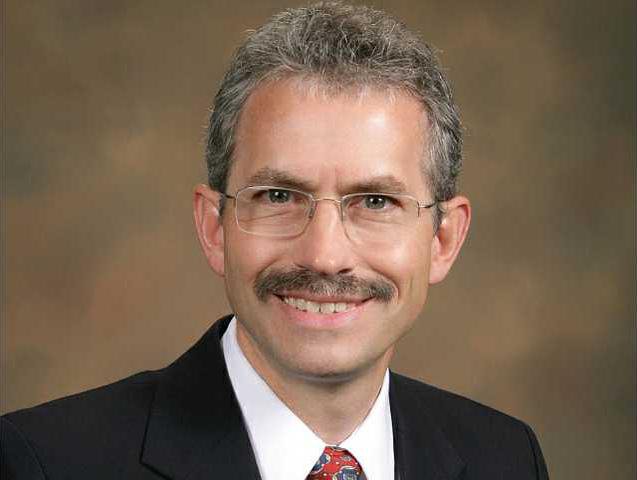I was a late adopter of Facebook. I had a nagging fear that no one would befriend me, and that my Facebook experience would become a monologue. Of course that was irrational. I currently have 257 friends, representing my connections during the various decades of my life. I have worked diligently to post interesting and intriguing perspectives. Some of my friends have graciously suggested that I have been successful.
My treasured friends represent the entire range of the political spectrum. Many are outspoken proponents of President Donald Trump; others campaigned for Bernie Sanders. Some post vitriolic statements against Sen. Elizabeth Warren; others post venomous diatribes against the president. Yet I count each and every one of them as my treasured friends.
I proudly note that I have never intentionally unfriended anyone. For a few months I had an overactive touchscreen on my computer that sometimes sensed my finger’s choice, even though nothing was near the screen. During this time my computer, without my knowledge, accidentally unfriended one of my sensitive friends. Fortunately, she asked me about my choice, and we were able to re-establish our Facebook connection.
On the other hand, I have had some "friends" block me. Apparently they were offended with some of my moderate views and found it necessary to protect themselves from me. I guess they did not agree with some of my positions. That’s quite understandable, given that I don’t always agree with all of my positions either. In fact, although I have never blocked any of my friends, I sometimes have come close to blocking myself. Is that an option?
I seek to learn and to expand my thinking when I read the posts of friends who have different perspectives from me. Of course we know that extreme Facebook posts convince almost no one to significantly change their thinking about anything. Nevertheless, I find that I become a more informed citizen and a better thinker as a result of considering posts with which I disagree. Nevertheless, I do wish that people would tone down their attitudes and exhibit less hatred.
I followed Facebook posts and comments during the autumn visits of Richard Spencer to various universities. Spencer is the president of the controversial National Policy Institute, a white supremacist organization. I do not in any way support Spencer’s views or his vitriolic hatred. However, neither do I support the anti-Spencer hatred I observed in many Facebook comments during these visits. My wife described the comments as "haters hating haters." We can do better.
In stark contrast was the post about Julius Long, an African American in Gainesville, Fla., who sought to communicate a message of love to the white supremacists rather than of hatred. His father posted, "[Julius] escorted the guy to safety and talked with him for over an hour. He eventually gave him a ride to his car and exchanged contact information. This strange encounter proves that when we talk with each other we can better understand each other and one day love will conquer hate."
Social media has made it extremely easy to scream, yell and hate, but we must do better. We need to act more like Julius Long, and convey messages of love and humility. I beg my friends to offer me that tolerance, and I promise that I will continue to do the same. Let’s promise to fight the modern trends. For those who would like to think more about the battle against hate in our society, I encourage you to read and consider Elliot Aronson’s short 2001 book, "Nobody Left to Hate."

